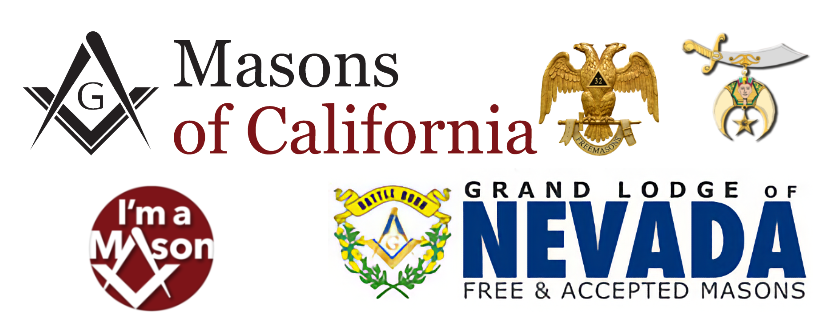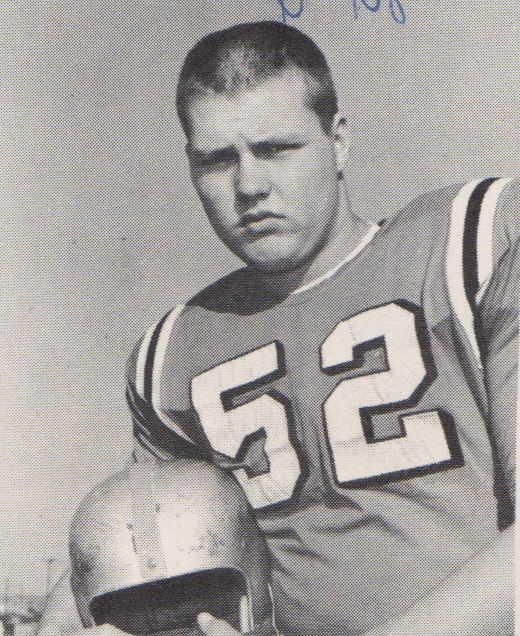How Can I Be Helpful
Everyone should have a tagline.
This is a true story.
Let me take you back to when I wore a younger man’s clothes.
I had convinced myself that, like my father, I would be dead at age 42. Why would I think that? From the time I was, well, as young as I can remember, I was compared to my father. That’s probably true of a lot of sons. I think dads like that; I know I did. Sons do until the music stops.
The music stopped when I was eighteen years old, and my dad died of a heart attack. He had scarlet fever as a boy, and it left him with a heart murmur. I was in the Air Force and on leave for the weekend when the Red Cross found me jumping off a second-story balcony into the pool below. They gave me a ticket and put me on a flight home.
At my dad’s funeral, people continued with, “you’re just like your dad.” Let me be clear; I looked exactly like my dad at every age. I sounded like him; my mannerisms were just like his. I held myself the way he did when he walked. One particular trait he had was that he would say his piece he were mad and move on.
My first wife knew my dad. But, unfortunately, she fell into the same habits as everyone else. The evidence becomes overwhelming when you receive so much sensory input from everyone who knew you and knew your dad. I had convinced myself that I would die like my father at the age of 42.
In my early 30s, I was responsible for six children, a wife, and roughly thirty employees in three states. I remember I was on an airplane thinking about expanding into the Texas market when I was going over the pros and cons in my mind, and it finally occurred to me I didn’t have that much time left. I was going to die.
Life changed. There was a sense of urgency that I didn’t have before. I sold the company, started another, and then sold it in less than twelve months. I didn’t have time for anyone; I had to make money and get things in order. . . NOW.
“Hey “DR, can we talk?” My wife asked. I said, “Sure, we can talk when I get home tonight.” She said, “No, I mean right now.” My wife wasn’t that type of person. I mean, she rarely had any sense of urgency in that way. She would never ask this of me when it came to keeping me from my business or any of my other activities. Suddenly, it sunk in, wait, this must be important. I said, “Sure, let’s walk outside through the garden.” That was her favorite place.
She said, “Let me ask a single question of you. Do you know how to spell TACT?” I said, “Sure T -A -C-T.” She said, “No, here is how you spell it, P I S S — O N — Y O U.”
I said, “Wow, really, I treat people that way? Really?” She said, “Really, and I want you to do something about that. You can no longer use people and then move on. That’s not who you are.” And with that, she walked back into the house. I felt like I’d had a load dumped on me.
In those days, I spent a lot of time on planes. I loved the time alone, time to think. It allowed me to center and focus. This trip was to Houston to discuss the merger between our company and a worldwide leader in our industry.
I had already done the prep work for the upcoming meetings. It was a good time to think about what my wife had said yesterday in the garden. She was right. As I went back over interactions with co-workers, clients, people I had just met, and others, it was not good. If I’m being honest, it was horrible. So, I decided to turn the barrel of the gun around and look at it from the people’s perspective.
The common denominator was that people were always coming to me for help. They were seeking understanding. I’m sure that most of them were leaving with the idea that I only cared about ME. But, you know what, I think they were right.
Communication is always the issue. How could I change? What would I have to say or do for them to believe me? I now understood the problem, the underlying cause (fear of death), and it was up to me to figure it out. By the time I arrived in Texas, I knew what I had to do.
“Good afternoon, gentlemen. On behalf of everyone in our company, I want to thank you for the opportunity to discuss this merger. I have a confession to make. I’m guilty of trying to accomplish too much at one time. I recalled my last conversation with Mr. _______ and realized that I was not helpful. In fact, I was probably just confusing and frustrating. That is not my purpose. I am here to be helpful. There are a lot of people and clients counting on us to do the right thing. So, gentlemen, How can I be helpful?”
And with that my life approach became different. I no longer wanted to focus on myself. I wanted to help others, sincerely. So, most of my conversations begins with, a steady and focused voice and appearance that says, “How can I be helpful?”
At age 43, I woke up one morning and thought; I’m alive, and it probably wasn’t going to change anytime soon. But, wait, what just happened? I didn’t die. This is great; I have my whole life in front of me. I think it’s time to focus on so many other things. If I can change the way I treat others, I can change anything.









